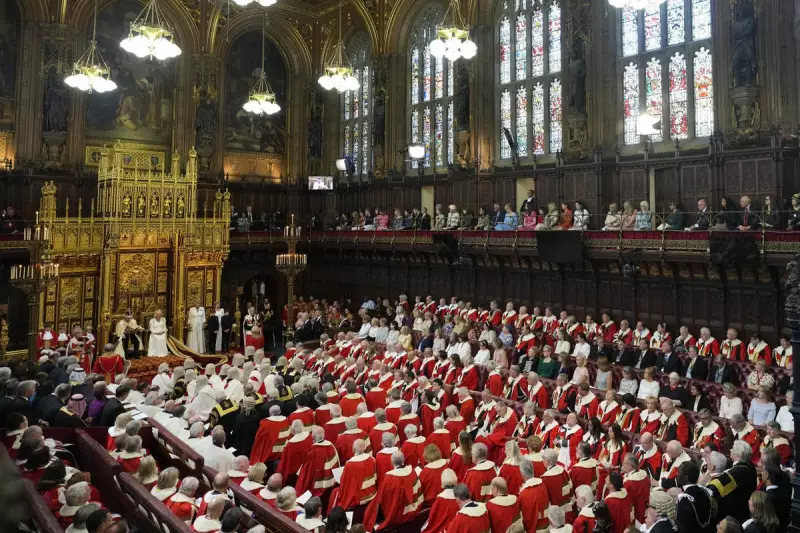
A fierce political battle over the future of the House of Lords erupted in Westminster this week, as MPs from across the political spectrum condemned Britain's unelected second chamber as fundamentally "undemocratic" and in desperate need of reform.
During a passionate parliamentary debate on the House of Lords Reform Bill, senior figures delivered scathing criticisms of the current system where members are appointed for life rather than elected by the public.
Cross-Party Condemnation of Current System
Shadow Cabinet Office minister Nick Thomas-Symonds launched a blistering attack, stating the existing arrangement "cannot be defended" while highlighting the shocking £342 daily allowance peers can claim without any democratic mandate. The Labour frontbencher emphasised that his party remains committed to abolishing the current chamber and replacing it with an elected assembly.
Liberal Democrat MP Sarah Olney echoed these sentiments, branding the Lords "an affront to democracy" and questioning the legitimacy of a legislative body where membership is determined by "prime ministerial patronage" rather than public will.
The Scale of the Problem
The debate revealed startling figures about the size and cost of the upper house. With over 800 members, the House of Lords stands as the second-largest legislative chamber globally, surpassed only by China's National People's Congress. This bloated membership comes with a substantial price tag for taxpayers, raising serious questions about efficiency and accountability.
Ms Olney pointedly noted that many peers rarely contribute to legislative work, yet can still claim significant financial benefits, describing the situation as "utterly indefensible" in a modern democracy.
A Long History of Failed Reforms
The discussion highlighted Britain's troubled history with Lords reform, spanning more than a century of political wrangling and abandoned proposals. Despite numerous attempts and commissions, meaningful change has consistently been thwarted by political disagreements and competing priorities.
This historical context underscores the significant challenges facing any reform efforts, even as pressure builds for a system better suited to 21st-century democratic standards.
The Road Ahead for Lords Reform
While consensus exists on the need for change, the path forward remains contentious. The debate exposed deep divisions about what form a reformed second chamber should take, with questions about representation, expertise, and regional balance still unresolved.
As the political conversation continues, this heated exchange signals growing momentum for addressing what many now see as an unsustainable anomaly in Britain's constitutional framework. The outcome of this renewed push for reform could reshape the UK's political landscape for generations to come.





